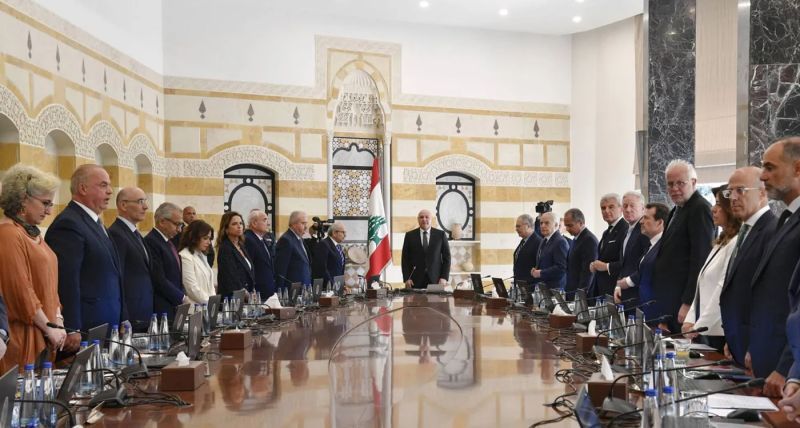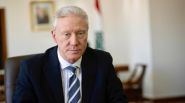
The political decision has been made. What matters now is to move to the essentials, cutting through the media noise stirred up by Hezbollah for domestic consumption. From this point forward, it is bold action on the ground that will test the executive branch’s real determination to implement the disarmament of all militias, Lebanese and otherwise. The state’s firmness on this front does not need to be expressed through fiery statements or dramatic posturing, but must instead be measured in concrete actions.
Over the past weeks, the local faction, controlled from Tehran by the Islamic Revolutionary Guard Corps, has ramped up threats, intimidation and aggressive warnings in an effort to pressure the government to give up the principle of a legitimate monopoly on violence. The Pasdaran leadership clearly sees the Lebanese state’s position as a direct threat to the remnants of their influence in the region. They have therefore ordered their Lebanese proxy to escalate the rhetoric, make all kinds of direct threats, and raise the specter of discord, sectarian unrest or even civil war – under the false pretext of defending a so-called “resistance” that has repeatedly shown itself ineffective in actual military operations during wartime.
Regardless of whether the Council of Ministers resorted to convoluted language, a muted tone or “Lebanese-style verbal gymnastics” to announce (without overly offending Hezbollah) that it had approved the army’s plan to eliminate all militia presence in the country, the pro-Iranian party circles were quick to claim victory. Yet seasoned observers have not forgotten that Hezbollah’s leadership has a highly elastic understanding of “victory” and “defeat.” They have mastered the art of turning even the most humiliating defeats into an illusory “divine victory,” as was the case in 2006 and again in 2024.
But that is not the core issue. We are in Lebanon, in the broader Levant, where words do not carry the same weight as in the West, as a senior Levantine political figure aptly noted. One should not gauge the true intentions of the authorities – or their determination to genuinely implement the political decision to disarm all militias – based on nebulous phrasing.
It is worth recalling that the Taif Agreement, UN Resolutions 1559, 1680 and 1701, as well as last November’s ceasefire agreement, all explicitly call for the dissolution of all non-state armed groups and the restoration of state sovereignty across the entire national territory. If these resolutions and agreements have so far remained dead letters, it is due to the lack of political will and decisive action by the state to implement them through concrete and forceful measures on the ground.
The official slackening was, moreover, hardly surprising: all successive governments since the 1989 Taif Agreement (with the exception of the Cedar Revolution period in 2005 and 2006) were subject first to the diktat of the former Assad regime, and later to that of the Pasdaran proxy. This is precisely where the difference lies with the current authorities. President Joseph Aoun and Prime Minister Nawaf Salam’s government have from the outset displayed – and continue to reaffirm – their political will to disarm all militias, including Hezbollah. They enjoy unambiguous support on this front from an overwhelming majority of Lebanese citizens and above all from the international community as a whole, notably the United States, the European Union, the Arab League and the Gulf Cooperation Council.
Vigilance, political courage (especially), firmness and “an iron hand in a velvet glove,” to borrow the expression attributed to former King of Sweden Jean-Baptiste Bernadotte, are now more crucial than ever. And for good reason: the radical wing of the Islamic Republic, and in its wake Hezbollah, will spare no effort to obstruct or even undermine this push to establish the state’s monopoly on legitimate violence.
Sustained and consistent support from Western and Arab decision-makers remains essential in the current context to prevent the government from falling into the trap of delays and security blackmail traditionally used by the Iranian camp to do what it does best: continually buy time under the deceptive guise of “dialogue” without conceding anything, indefinitely perpetuating a militia-dominated status quo and a climate of conflict, all to safeguard the geopolitical interests of the Iranian Islamic Revolutionary Guard Corps, down to the last Lebanese Hezbollah operative.




Comments